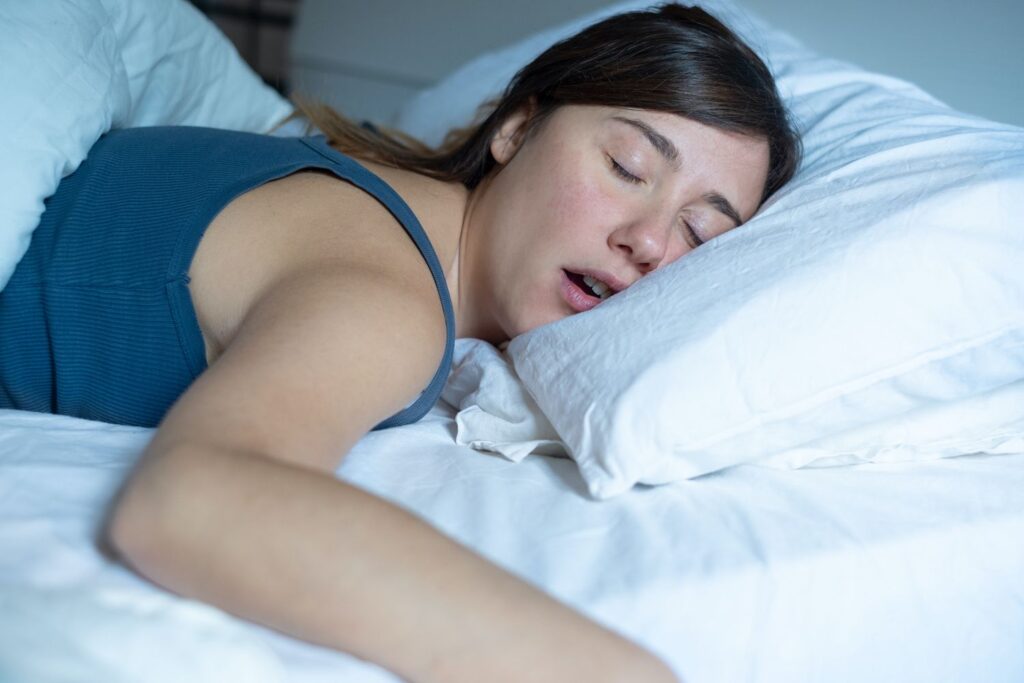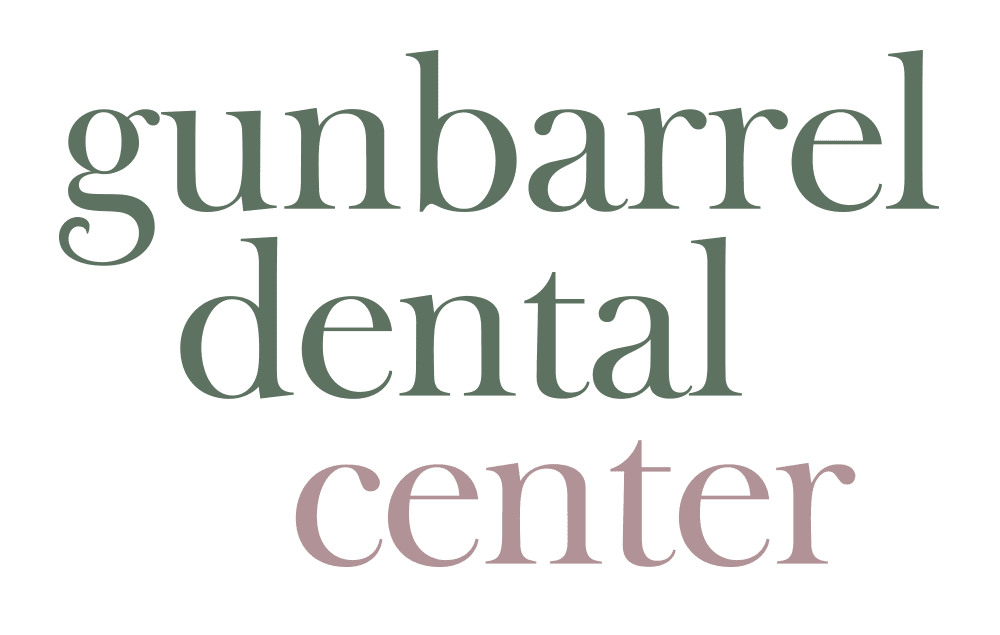If you aren’t familiar with sleep apnea, it may seem like it’s not a big deal. But, it is a sleep disorder that affects millions of people worldwide. In essence, sleep apnea disrupts your breathing while you sleep. While it’s known for its impact on sleep quality, did you know that it can also wreak havoc on your oral health? There are connections between sleep apnea and your dental health.

Understanding Sleep Apnea
Sleep apnea is a condition when there are brief interruptions in breathing during sleep. These interruptions can occur numerous times during the night. Often, it can lead to loud snoring and disrupted sleep patterns.
The Link Between Sleep Apnea and Oral Health
There are many different ways sleep apnea can affect your body and health. For example, sleep apnea can lead to dry mouth due to irregular breathing patterns and snoring. A dry mouth is a breeding ground for bacteria. This can increase the risk of tooth decay and gum disease.
Furthermore, teeth grinding is common with sleep apnea. Many with sleep apnea unknowingly grind their teeth during sleep. This condition, known as bruxism, can result in tooth damage, sensitivity, and jaw pain.
Another issue that connects with sleep apnea is acid reflux. Acid reflux is more common among those with sleep apnea. Stomach acid that enters the mouth during reflux can erode tooth enamel and cause tooth sensitivity.
Dry Mouth and Its Consequences
Dry mouth is a common issue for those with sleep apnea. It can lead to several oral health problems.
- Reduced Saliva: Saliva is essential for neutralizing acids, washing away food particles, and maintaining a healthy oral environment. A dry mouth reduces saliva production, increasing the risk of cavities and gum disease.
- Bad Breath: Dry mouth can also cause chronic bad breath due to the lack of saliva to cleanse the mouth of odor-causing bacteria.
- Mouth Sores: Dry mouth can lead to the development of painful mouth sores and ulcers. This makes eating and speaking uncomfortable.
Bruxism and Its Dental Impact
Bruxism is another common side effect of sleep apnea. It is a condition where a person grinds and clenches their teeth during sleep.
- Tooth Wear: Bruxism can wear down the enamel. This can lead to tooth sensitivity or an increased risk of fractures. You may also need dental restorations.
- Jaw Pain: Constant clenching and grinding can result in jaw pain and temporomandibular joint disorder (TMJ). This condition causes discomfort and limits jaw movement.
- Headaches: Bruxism-related tension in the jaw muscles can lead to chronic headaches and migraines.
Acid Reflux and Tooth Erosion
Sleep apnea can make acid reflux much worse. This is a condition where stomach acid flows into the esophagus and sometimes reaches the mouth. Unfortunately, acid reflux is problematic for your teeth:
- Enamel Erosion: Stomach acid is highly acidic and can erode tooth enamel, leading to tooth sensitivity, discoloration, and increased vulnerability to cavities.
- Gum Irritation: Acid exposure can also irritate the gums, potentially leading to gum disease and bleeding.

